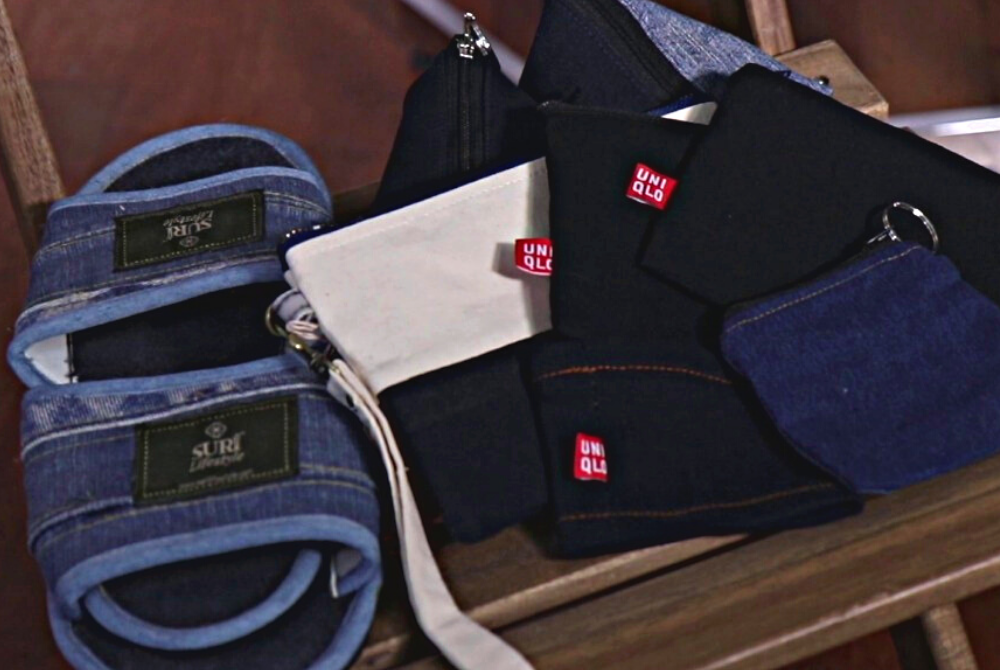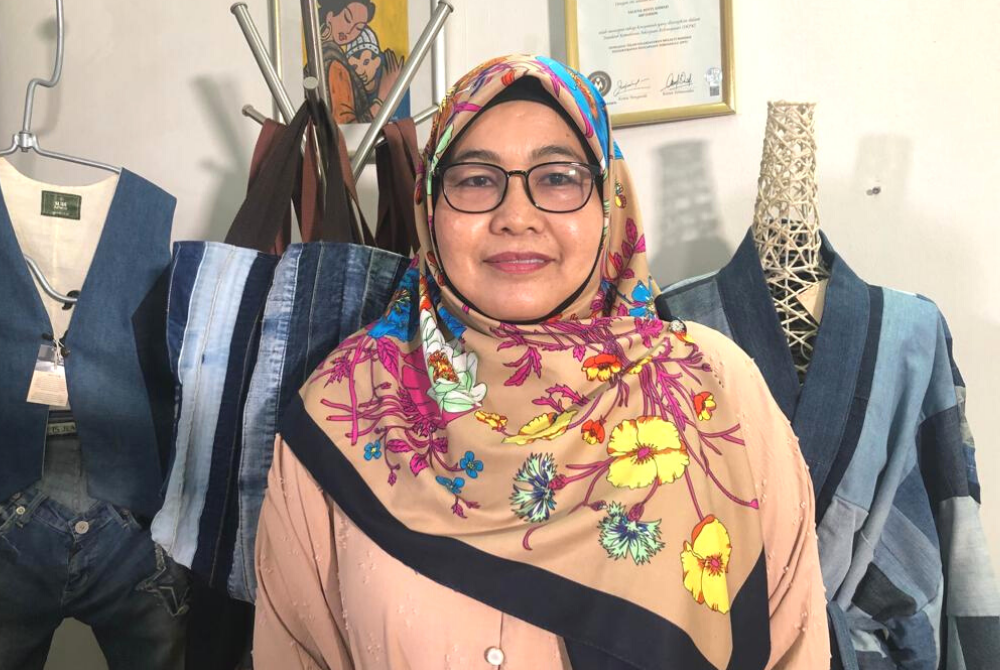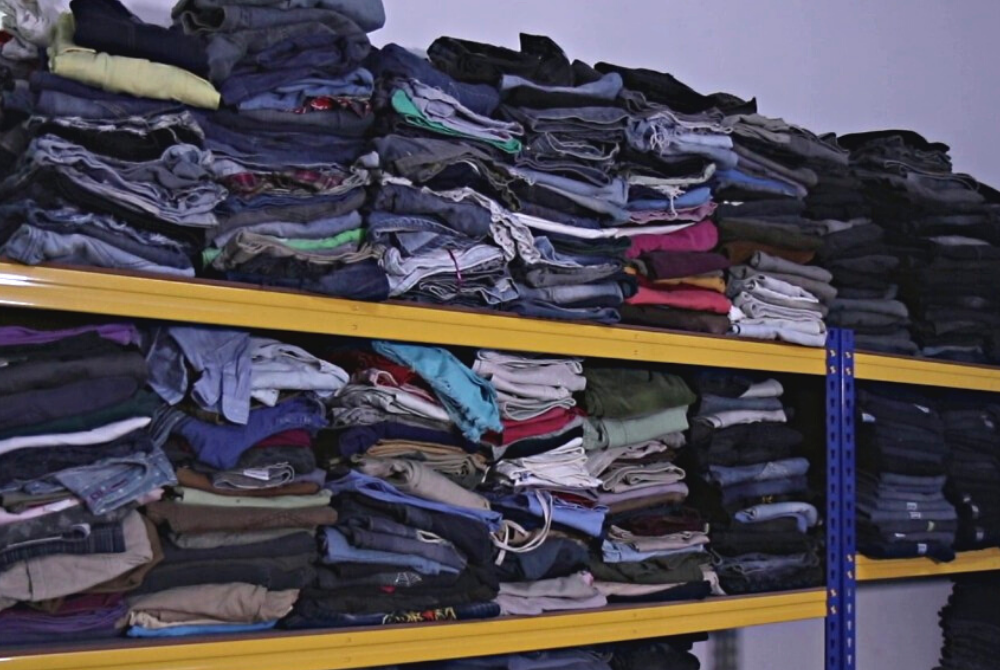Suri Lifestyle finds a way to stitch business with positive impacts

Truer words have never been spoken for Saleha Ahmad (also known as Sally) when she decided to embark on her entrepreneurship journey by establishing Suri Lifestyle after becoming a single mother.
Every cloud has a silver lining. Although things hit rock bottom, it marked the beginning of her road to something new.
She learned to make the best out of her situation by learning to create products from recycled materials, which she then realised that this can help support her and her children.

She soon discovered that she was not alone in her struggles, as there are a lot of single mothers in her community that needs help to survive.
That is when she decided to start Suri Lifestyle, a social enterprise that aims to empower the single mother community around Sungai Udang, Klang, while also improving the environment by producing handicrafts using recycled denim.
Their product range includes tote bags, pouches, laptop sleeves, and more. All of these products are produced by single mothers and they are skillfully handcrafted.
“Things were tough at first, as most Malaysians prefer to buy things new as there was a lack of awareness on the negative impacts the fashion industry has on the environment.
“But slowly, more and more people began to understand the concept behind Suri and soon, our sales began to increase,” said Suri, before adding that customers will more likely show their support when they know the story behind the products offered.
To produce denim products at a massive scale, it consumes a lot of energy and water from the cultivation of cotton to its production in the factory.
Mass-produced denim also uses a lot of synthetic dyes and fabric which adds to its impact on the environment.
“I did some research before settling on denim as our primary material. Denim is a tough fabric, making it hard for it to fully decompose in the landfill, so the best way to stop it from filling up in the landfill is to reuse it and stop it from going there in the first place”.
When asked how they managed to gather a lot of recycled denim for their products, Sally tell us that in the early days, they approached the community first and collected donations of denim products.
“When we see that the feedback was good, I decided that we needed to collaborate with a few corporations each year as well to avoid any shortage on supply of denim”.

One of their first collaboration was with Hong Leong Bank. They have been working together each year where employees across Malaysia donated denim towards the social enterprise.
The first fashion brand that partnered with Suri was Uniqlo and they have been working together since 2016. Uniqlo donates denim, and Suri makes custom products for the brand, like pouches made from denim.
“Now we can see more and more fashion brands trying to be more sustainable and mitigate their impacts on the environment by recycling their products, which is a great step towards the right direction”, said Sally.
As a social enterprise, the aim of Suri Lifestyle is to make profits while making an impact on the community and the environment. Sally says that people are still confused and often see them as a charity organization.
“Suri Lifestyle is a business so we have to make a profit just like any traditional business in order for us to be sustainable.
“If we don’t make any profits, the business won’t survive, and if when we can’t survive, we won't be able to help the single mothers that work with us”.
Suri Lifestyle wants to empower the single mothers that work with them instead of just giving them donations so that they can stand on their own two feet.
The single mothers that work at Suri Lifestle are trained to be skilled tailors and will receive Sijil Kemahiran Malaysia (SKM) Level 3. The certificate proves that they are skilled workers and it allows them to be a coach and train others to become tailors.
When asked if Sally has any advice for someone wanting to start a social enterprise, she said that first, you need to have your heart in the right place.
“You need to be sincere as it is not business that you can do in one or two years.
“You have to do research on the community that you want to help in order to understand their needs and circumstances, then you will find the best way to help them”, she said.














